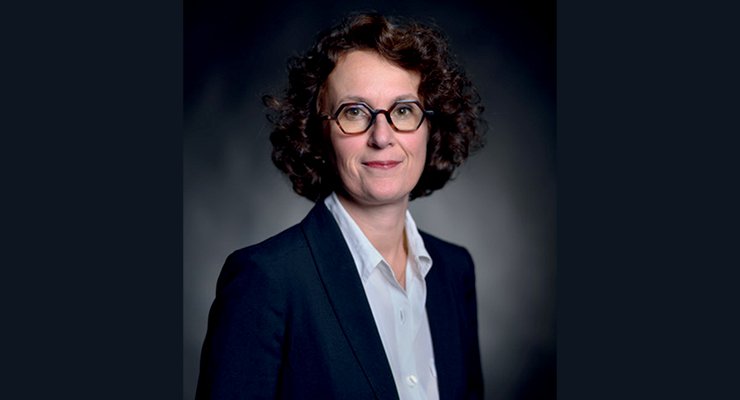Industrial Process Engineering (GP)
Process engineers design, dimension and optimize physical, chemical and biological transformation facilities to meet the ongoing major challenges of this century: energy production and storage, substitution of fossil raw materials by renewable resources, minimization of environmental risks and impacts.
UTC-GP key figures
- 26 lecturer-cum-research scientists
- 80 engineering graduates per year
- 25 Master's degrees awarded per year
- More than 10 PhDs per year
- Average time to first job: 0.97 months (CGE* survey, 2022)
- 36.5% of graduates are recruited at the end of their end-of-study project
- 90.3% of graduates are hired on permanent contracts (CGE* survey, 2022)
- Average gross salary including bonuses (France and International): €40,658 (CGE* survey, 2022)
- 100% of graduates hold a management-level position (CGE* survey, 2022)
* CGE : Conférence des Grandes Écoles
Key features of the UTC-GP course
- Key to meeting environmental, industrial and societal challenges
- Generalist, multi-disciplinary training, giving access to a wide range of professions and business sectors
- 2 6‑month industrial internship periods
- Complementary courses available in parallel:
- "Atomic Engineering" with the Institut National des Sciences et Techniques Nucléaires (INSTN)
- "Energy and Markets", "Energy and Processes", "Energy and Motorization", "Processes and Polymers" with IFP School
- Masters in "Formulated Product Engineering" and "Processes for the Valorisation of Renewable Resources" at UTC.
- A sandwich specialist training programme
Objectives
The objectives of the process engineering training programme are:
- To acquire fundamental knowledge and skills (thermodynamics, kinetics, transfer phenomena).
- To deepen this knowledge and skills in one of the following 4 specialisation areas: Energy Efficiency and Renewable Energies (3ER), Bioprocesses and Renewable Resources (B2R), Eco-design and Process Safety (EcoS), Management of Innovative Projects (MPI).
- To apply and acquire new skills in a professional environment (2 6‑month internships).
Training offer
The UTC-GPI Dept offers 4 specialties (for students recruited from BAC+2 (DEUTEC, DUT or CPGE) or BAC+3 (First degree):
- … to which must be added the transverse specialty – Management of Innovative Projects (UTC-MPI)
Research
Students will be in contact with teacher-researchers from the UTC Integrated Transformation for Renewable Matter (UTC-TIMR) laboratory, and can be introduced to research through projects. The joint research unit UTC Integrated Transformation for Renewable Matter – ESCOM (TIMR UTC-ESCOM) aims to develop, validate and implement knowledge and know-how for renewable material transformation processes and reactions.
Internship placements, professional outlets & opportunities
Numerous national and international industrial partnerships have been developed in the agro-industrial, energy, chemical, biotechnology, cosmetics, pharmaceutical and environmental (water, air, soil, waste) sectors, including: Engie, Suez, Veolia, EDF, Orano, Framatome, Alstom, Bonduelle, Nestlé, Sofiprotéol, Technip, Total, Sanofi, Tereos and others.
Graduates are employed as project managers, production site managers, R&D engineers, product and process quality and safety managers, environmental engineers, etc.
At the end of their training, students also have the option of pursuing and registering for a PhD doctoral thesis.
Studying abroad
During their training, engineering students must demonstrate their ability to evolve in an international context. To achieve this, they can spend one or more semesters studying and/or doing an internship abroad (some forty destinations worldwide: Canada, USA, UK, Finland, Sweden, Brazil, Argentina, Chile, Taiwan, Japan, South Korea, etc.).
A double engineering degree can be obtained from the Universities of Braunschweig (Germany), Cranfield (UK), Itajuba (Brazil), Universidad del Sur (Argentina), Polytechnique Montréal (Quebec) and École de Technologie Supérieure de Montréal (Quebec).




